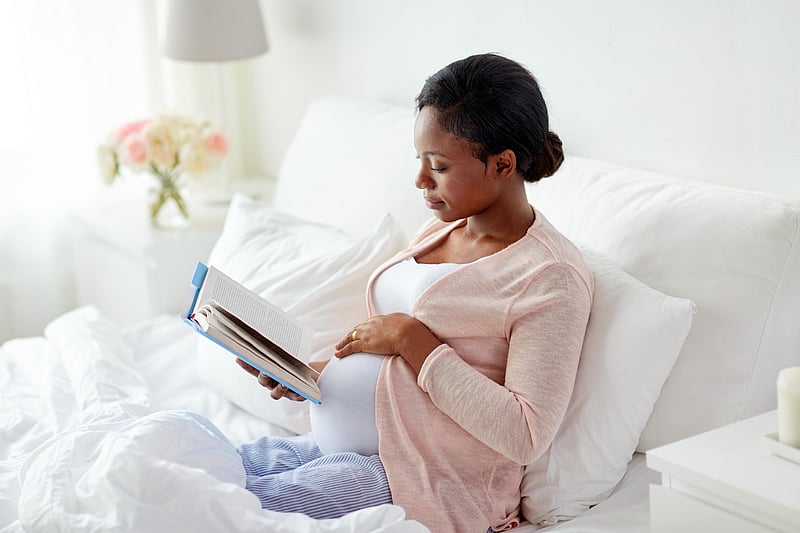Market Pharmacy is now G&G Pharmacy, conveniently located in Marketplace Foods on the corner of Hwy 2 & Broadway!
Same great staff and same great care!
Manténgase sano!

- By Ellie Quinlan Houghtaling HealthDay Reporter
- Posted July 14, 2022
Chemicals Found in Cosmetics, Plastics Linked to Preterm Delivery
Phthalates, chemicals that are typically used to strengthen plastics, are in millions of products people use every day, but a new analysis confirms their link to a higher risk for preterm births.
The largest study to date on the topic analyzed data from over 6,000 pregnant women in the United States to better understand the link between phthalate exposure and pregnancy. It found that women with higher concentrations of phthalates in their urine were more likely to deliver preterm babies. Preterm babies, by definition, are delivered three or more weeks before their due date.
"Having a preterm birth can be dangerous for both baby and mom, so it is important to identify risk factors that could prevent it," said senior study author Kelly Ferguson, an epidemiologist at the U.S. National Institute of Environmental Health Sciences (NIEHS).
For the study, the researchers pooled statistics from 16 studies conducted across the United States that included data on individual phthalate levels as well as the timing of the mothers' deliveries, with the data spanning from 1983 to 2018. Approximately 9% (or 539) of the women delivered premature babies, with phthalate byproducts detected in over 96% of those urine samples.
The study, published online July 11 in JAMA Pediatrics, examined 11 different phthalates found in the pregnant women, and discovered that four of them were associated with a 14% to 16% greater probability of having a premature baby. The most consistent exposure was linked to a phthalate found commonly in nail polishes and other cosmetics.
"It is difficult for people to completely eliminate exposure to these chemicals in everyday life, but our results show that even small reductions within a large population could have positive impacts on both mothers and their children," first study author Barrett Welch, a postdoctoral fellow at NIEHS, said in an institute news release.
The effort could be worth it: Reducing the level of phthalates exposure by 50% could prevent preterm births by 12%, on average, the researchers said. The interventions focused on specific changes, such as choosing phthalate-free personal care products, companies reducing the number of phthalates in their products on their own, or changing regulations that would reduce exposure to these chemicals.
In the meantime, the researchers suggested avoiding processed food or food wrapped in plastic, instead opting for fresh, home-cooked meals. They also recommended choosing fragrance-free products, which are lower in phthalates. Limiting the amount of product used can also lower exposure.
More information
Visit the U.S. Centers for Disease Control and Prevention for more on phthalate exposure.
SOURCE: NIH/National Institute of Environmental Health Sciences, news release, July 11, 2022







